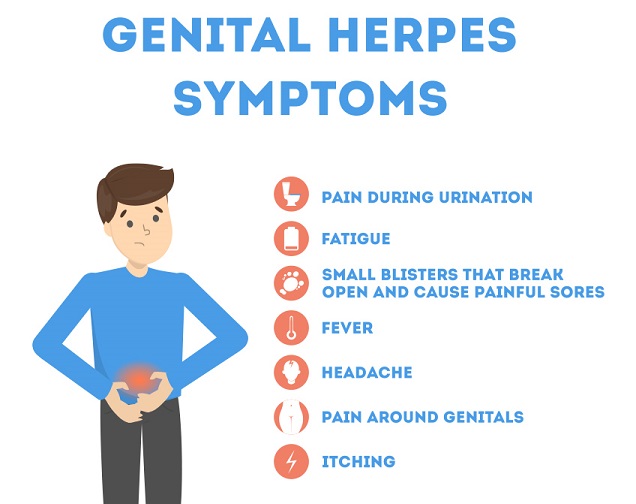New
Does Mark Hoppus Have Genital Herpes?
Mark Hoppus, the prominent member of the pop-punk band blink-182, has gained attention for his humorous comments related to the song “Don’t Leave Me.” According to various sources, he has mentioned that the song was written with two meanings: one about love and separation, and the other potentially alluding to his own relationship with genital herpes. This has sparked an intriguing discussion about how art often reflects the complex personal experiences of the artist.
Humorous Commentary and Reducing Stigma

While there is no definitive evidence that Mark Hoppus actually has genital herpes, the repeated references to it in comments, such as “this is my herpes song,” have helped make listeners more comfortable discussing what is often considered an embarrassing topic. This can potentially help reduce the stigma surrounding sexually transmitted infections (STIs), particularly herpes, which still faces significant societal misconceptions and prejudices.
Embracing Vulnerability in Art

Music has long been a medium for expressing pain and inner struggles. In the case of “Don’t Leave Me,” it is not merely a love song; it can be understood as an invitation to a deeper understanding of the human condition and the challenges people face in their lives. If Hoppus’ condition is indeed true, his willingness to be open about it could become a motivating factor for people to engage in more candid conversations about sexual health, fostering empathy and support among those facing similar difficulties.
Normalizing Discussions Around Sexual Health
:max_bytes(150000):strip_icc():focal(749x0:751x2)/Mark-Hoppus-1-299e3626c7cd42bda8ced77adfe16d9a.jpg)
A prominent figure like Hoppus using his voice to address issues such as genital herpes can have a significant impact on public awareness. He could leverage his platform to educate the public and destigmatize discussions around sexual health. If a renowned artist openly shares their personal experiences related to sexual health, it can help break down barriers and encourage important dialogues.
Connecting Music and Healthcare

Both the music industry and the healthcare field are moving towards addressing uncomfortable social issues. If Hoppus is not actually affected by herpes but is using it as a humorous way to connect with his audience, it could be a clever strategy. This multifaceted approach, blending thoughtfulness and humor while raising awareness, can effectively bridge the gap between celebrities and their fan communities. Furthermore, Hoppus’ case could inspire a youth-focused movement that encourages more careful consideration of sexual health, reducing the fear surrounding these widely prevalent conditions.
Destigmatizing Sexually Transmitted Infections

Ultimately, no one chooses to have health issues, and when someone in a position of influence speaks up, it can lead to more constructive discussions. Hoppus’ openness, whether real or perceived, has the potential to challenge the stigma surrounding sexually transmitted infections, particularly herpes. By addressing these topics with honesty and vulnerability, he can foster a more empathetic and supportive environment for those facing similar challenges.
Leveraging Artistic Expression for Change
The interplay between music and personal experiences can be a powerful tool for social change. Hoppus’ approach, if intentional, demonstrates a nuanced understanding of how to utilize his artistic platform to connect with his audience on a deeper level. By addressing sensitive topics with a blend of humor and sincerity, he can encourage meaningful dialogues and potentially inspire a shift in societal attitudes towards sexual health.
The topic of whether Mark Hoppus has genital herpes has sparked a thought-provoking discussion about the intersections of art, celebrity, and public health. While the specifics of his personal health status remain uncertain, the way he has addressed the issue through his music and public comments has opened up a space for more open and compassionate conversations around sexually transmitted infections. Ultimately, this case highlights the potential for artists to use their platforms to challenge societal stigmas, foster empathy, and inspire positive change in the way we approach sensitive health topics.
